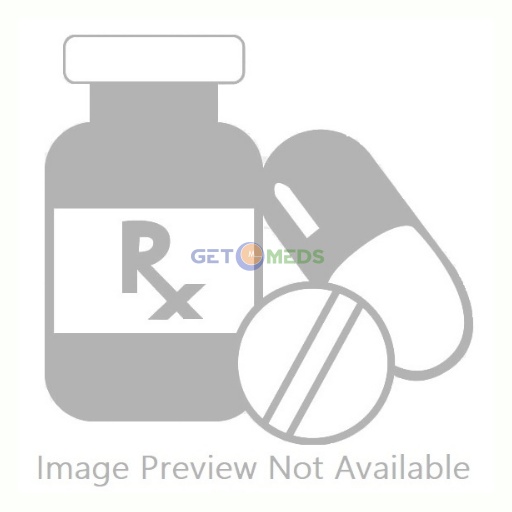-
Ledviclear 90mg/400mg Tablet (Rs.25781.25)
Composition: Ledipasvir (90mg) + Sofosbuvir (400mg)
-
Virpas Tablet (Rs.25000)
Composition: Ledipasvir (90mg) + Sofosbuvir (400mg)
All Details About Reclaim-L Tablet
Find out detailed description, uses, directions of use, side effects, warnings and precautions, frequently asked questions about Reclaim-L Tablet
Description:
Reclaim-L Tablet is a combination of two antiviral medicines. This prescription medicine is used in the treatment of chronic hepatitis C virus (HCV) infection. It fights against the viruses to resolve the infection.Reclaim-L Tablet should be taken in the prescribed dose and duration. It can be taken with or without food, but take it at the same time daily. It is advised not to consume more than the recommended dose. It is important to inform your doctor if you have any health conditions such as liver or kidney disease. It is harmful to consume alcohol along with this medicine, so it is advised to limit or avoid alcohol. The course of the medicine should be completed for better results.
The common side effects of this medicine are tiredness and headache. You should drink plenty of fluid and eat a healthy diet to prevent or overcome the side effects. Earlier taking the medicine, inform your doctor if you are taking any other medicines or supplements.
Uses:
- Treatment of Chronic hepatitis C virus (HCV) infection
Directions For Use:
Take this medicine in the dose and duration as advised by your doctor. Swallow it as a whole. Do not chew, crush or break it. Reclaim-L Tablet may be taken with or without food, but it is better to take it at a fixed time.Side Effects:
Most side effects do not require any medical attention and disappear as your body adjusts to the medicine. Consult your doctor if they persist or if you’re worried about themOrdinary side effects of Reclaim-L
- Fatiguedness
- Headache
Warning & Precautions:
Reclaim-L Tablet, when taken together with other medicines for the treatment of hepatitis c infection, may produce dizziness, blurred vision and this may affect your ability to drive.
Limited information is available on use of Reclaim-L Tablet in these patients. No dose adjustment is recommended in patients with mild to moderate kidney disease.
FAQs:
Written by:
Dr. T. Sharmila Krishna
M.B.B.S., MD (Biochemistry)
Reviewed by:
Dr. Sureshbabu Yadav
M.B.B.S., DIP.DIAB, F.R.S.H
Disclaimer:
Getomeds primary intention is to ensure that its consumers get information that is reviewed by experts, accurate, and trustworthy. The information and contents of this website are for informational purposes only. They are not intended to be a substitute for professional medical advice, diagnosis, or treatment. Please seek the advice of your doctor and discuss all of your concerns about any disease or medication. Do not disregard or postpone seeking professional medical advice because of something you read on Getomeds. Our mission is to support, not replace, the doctor-patient relationship.
